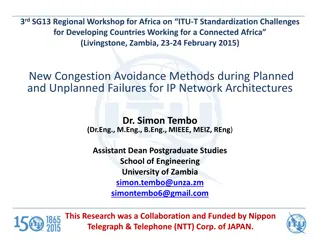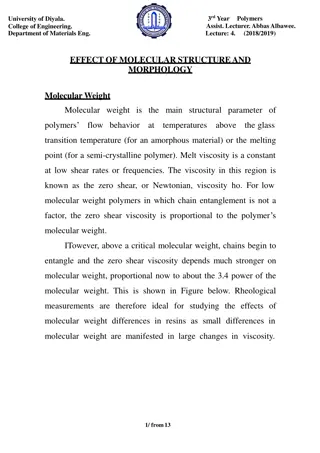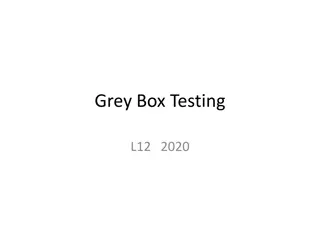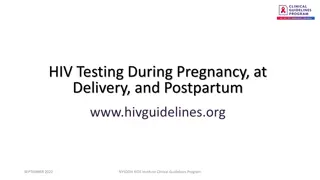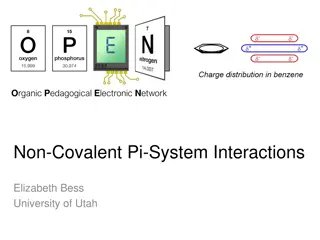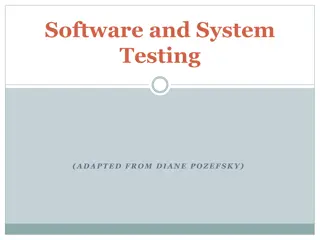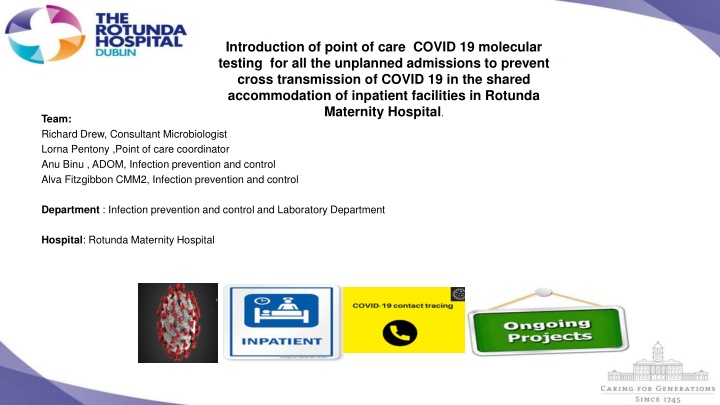
Point-of-Care COVID-19 Molecular Testing in Rotunda Maternity Hospital
Implementing point-of-care COVID-19 molecular testing for unplanned admissions in Rotunda Maternity Hospital has led to early detection, appropriate patient placement, and reduced cross-transmission, benefiting patient safety and care quality. The initiative has successfully identified and isolated positive cases, preventing further spread in shared accommodation facilities.
Download Presentation

Please find below an Image/Link to download the presentation.
The content on the website is provided AS IS for your information and personal use only. It may not be sold, licensed, or shared on other websites without obtaining consent from the author. If you encounter any issues during the download, it is possible that the publisher has removed the file from their server.
You are allowed to download the files provided on this website for personal or commercial use, subject to the condition that they are used lawfully. All files are the property of their respective owners.
The content on the website is provided AS IS for your information and personal use only. It may not be sold, licensed, or shared on other websites without obtaining consent from the author.
E N D
Presentation Transcript
Introduction of point of care COVID 19 molecular testing for all the unplanned admissions to prevent cross transmission of COVID 19 in the shared accommodation of inpatient facilities in Rotunda Maternity Hospital. Team: Richard Drew, Consultant Microbiologist Lorna Pentony ,Point of care coordinator Anu Binu , ADOM, Infection prevention and control Alva Fitzgibbon CMM2, Infection prevention and control Department : Infection prevention and control and Laboratory Department Hospital: Rotunda Maternity Hospital
Background Self-assessment check list for Infection Prevention and Control (IPC) and related measures to manage the risk of spread of COVID-19 in the Acute Hospital setting. Testing is in place of adult unscheduled patients at or as soon as possible after admission to assessment and appropriate patient placement. Time Frame for project: ongoing Change initiative POC Machine available in Emergency assessment unit and Day care unit Training super users to use and train peer staff group. Assessing need for new Point of care machine for direct admission to Gynaecological ward. Aim Safe and Appropriate patient placement in the shared in patient accommodation Reduction in the number contact tracing needed for the shared in patient clinical areas. Less number of PCR COVID swab sending to the lab Quality and safe and evidence based care of patient to prevent cross transmission.
Emergency Assessment Unit: Since August 14th to today 27 Oct in the ER there were 1,125 patient tests. There have been 5 cases of COVID 19 detected in the ER by the POC device during this timeframe and all 5 were confirmed to be true positives by PCR lab method. There was one false positive result. Day Assessment Unit: Since August 17th to today 27 Oct in the DAU, there were 201 patient tests performed. 2 of these were Positive for COVID 19 by the POC method. These were confirmed to be true positives by PCR in the microbiology Lab. Benefit: So the POC devices have prevented 7 COVID exposures on the wards so far since their implementation 2 months ago Key Out come: Appropriate care pathway for isolation of patients and use of enhanced droplet precaution PPE IF TESTED POSTIVE. What worked well: Team Work Microbiologists Point of care coordinator Lab Infection prevention and control team Midwifery team Obstetrics Team
Value to patients Safe and quality care Early detection of COVID helps with appropriate management of the patient care. Sustained- how was the improvement sustained Early detection of all asymptomatic cases helped to avoid transmission to other patients by appropriate patient placement in isolation rooms . Appropriate use of PPE and isolation rooms in the Hospital . Thank You.





